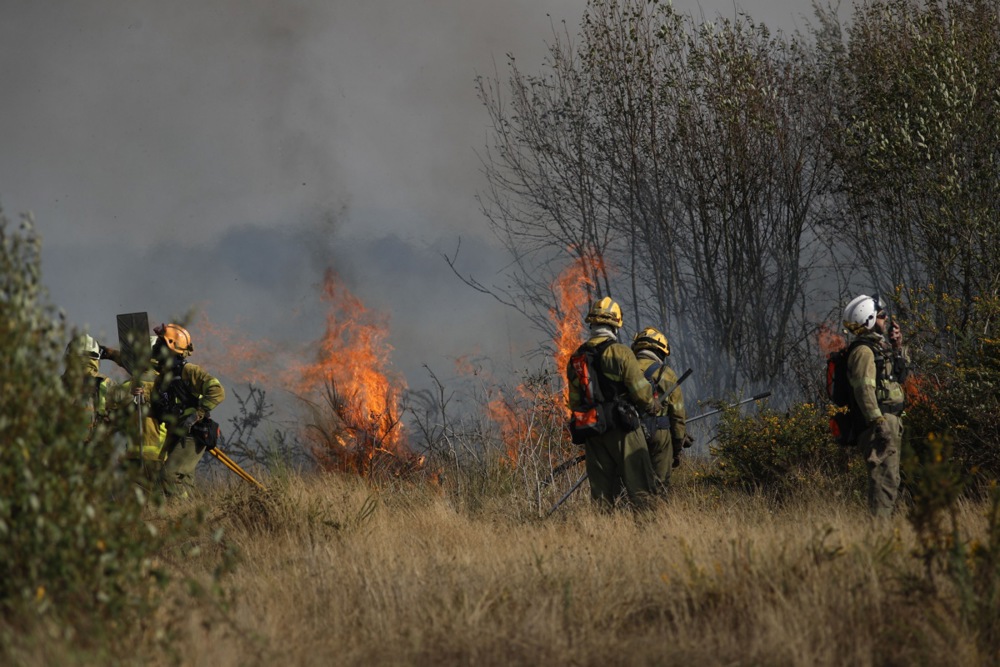MEPs have voted to delay the European Union deforestation law for the second time because of unresolved or “ill-prepared” IT systems.
After the ballot today, analysts pointed out the chocolate and coffee industries are being negatively affected by the standstill in the law’s passage.
A Brussels-based Bruegel institute report of September 25 says if the EU keeps postponing the rules, cocoa and coffee crops grown on deforested land will continue entering the market unchecked, threatening future yields and pushing prices up.
On November 16, the European Parliament again chose to delay its move on the EU Deforestation Regulation (EUDR). But the cost of this repeated stalling is becoming increasingly visible, says Bruegel, alongside climate agencies and NGOs.
Last year, most of the EU’s coffee came from Brazil, nearly a million tonnes, a third of all extra-EU imports.
Vietnam supplied almost a quarter, Uganda eight per cent. The EUDR, meant to be enforced this year, was supposed to upend this by forcing companies to prove their beans were not tied to forest loss.
Instead, after a second late-November dilution, that obligation has been pushed further into the future.
A majority of MEPs — including from European Commission President Ursula von der Leyen’s European People’s Party (EPP) and other centre-right-wing groups — have backed changes mirroring the European Council’s position at the European Parliament this week.
The deal clears the path for a quick pre-Christmas agreement. The original rules, due this December, would have required proof that cocoa, coffee, soy, palm oil, rubber, livestock and timber entering the EU did not drive deforestation.
Under the revised calendar, big operators only need to comply from December 30, 2026. Micro and small firms have until June 2027.
The EP also wants a “simplification” review by April 2026, a step that could reopen and rewrite core parts of the law before it even comes into force.
The latest hesitation comes as global deforestation is slowing but still at dangerous levels, according to the UN’s latest Global Forest Resources Assessment.
Forests protect biodiversity, regulate climate, water and soil and shield communities from floods, droughts and landslides. They also sustain local livelihoods and the supply of renewable materials and food.
Beyond basic food security, Europe’s taste for Amazonian goods such as coffee and cacao is also evident.
The EC had warned last year that chocolate consumption was a driver of deforestation and that the EUDR was designed precisely to stop that, covering cocoa, coffee, palm oil, cattle, soy, timber, rubber and the products derived from them.
The idea was simple: If you want to sell these goods in the EU, they must be deforestation-free. That was seen as a major-economy shift that could have cut a significant share of global forest loss.
The recent Bruegel report says the stakes are high for Europe’s chocolate and coffee lovers. Proposals to create “zero-risk” categories — exempting countries or products — already risk punching holes in the law.
Meanwhile, the extra 12 months of delay will likely mean around 190,000 additional hectares of destroyed forest, an area three-quarters the size of Luxembourg.
And with EU consumption responsible for 15 per cent of global trade-related deforestation despite representing only 5.5 per cent of the world’s population, “Brussels’ decisions matter disproportionately”, Bruegel says.
The report also says agriculture causes 95 per cent of permanent forest loss, yet crops rely on forests for cooling, pollination and stable rainfall. Continued deforestation will, it predicts, intensify climate shocks and strip soils of resilience.
That is why coffee and cocoa importers have pushed hard against further delays: Beans grown without shade on cleared land are far more climate-vulnerable, threatening future yields and driving up chocolate and coffee prices if deforestation-linked goods keep entering the EU unchecked.
Belgium-based farmers’ organisation Copa-Cogeca welcomed the postponement, calling it necessary breathing space and insisting the law must be simplified further for small operators.
It argues that the IT system is not ready and wants national databases fully integrated to avoid extra paperwork.
Greens MEPs see the opposite: A “hacking away” at forest protections. They accuse the EPP of dismantling the law piece by piece and warn that the EC has taken needless risks by avoiding a purely technical fix to its IT failures.
For them, reopening the text undermines businesses, partners and the Green Deal’s credibility.
The EPP defended the vote as a balanced compromise backed by 24 member states and arguing that delaying the rules is essential until the IT system works.
Its members say their approach prevents illegal deforestation while reducing the burden on farmers, foresters and small producers.
The Left group called that “a deregulating machine”, killing laws before they are even applied.
By exempting downstream operators and delaying obligations for timber, cocoa and rubber, the group say the EU is bowing once again to corporate lobbying. That was, it said, weakening a law that had been a flagship of the previous EP and a key tool against deforestation in trade partners such as Mercosur countries, Indonesia and the US.





